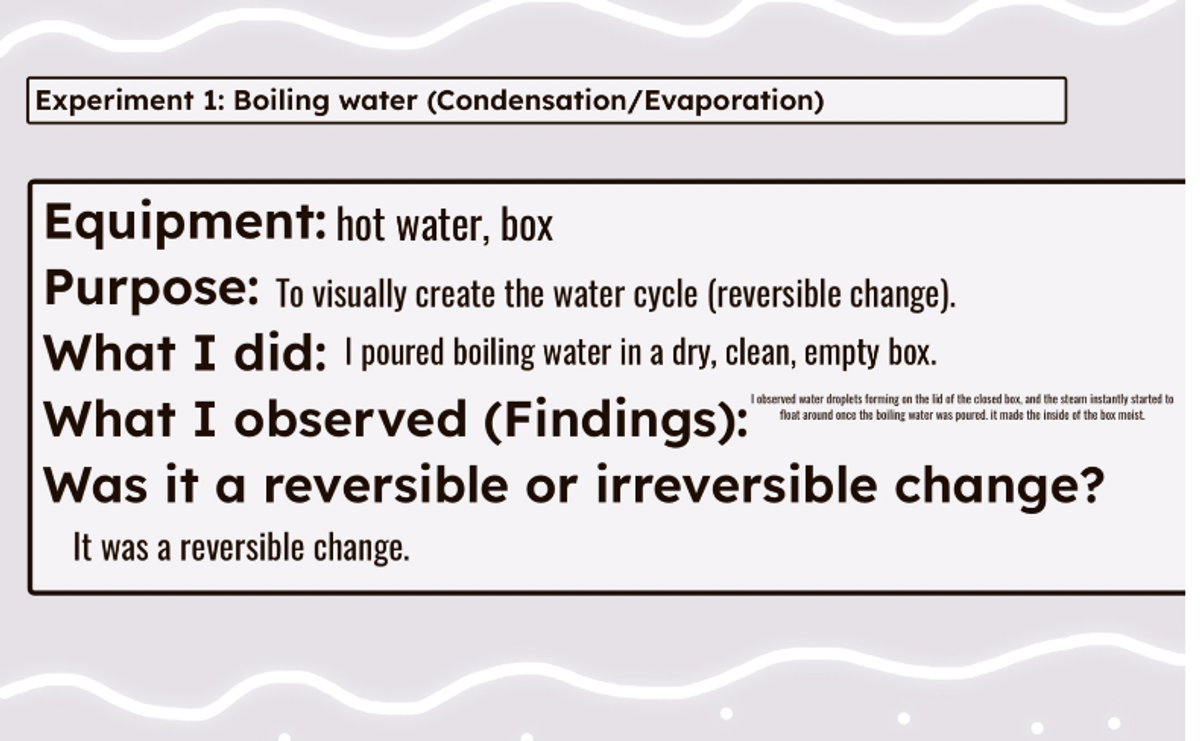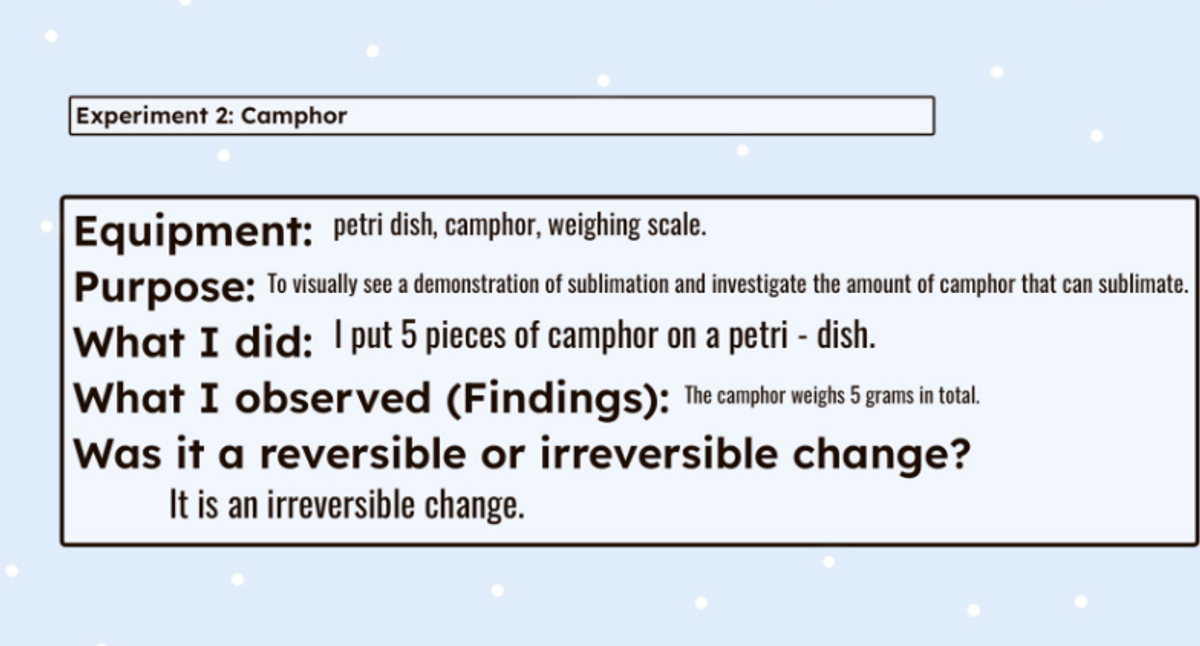Science
Ms Kirk, Ms Nguyen & Ms Kini

Science
Ms Kirk, Ms Nguyen & Ms Kini
The Foundation students have been making observations about objects all around them. So far, students have made observations based on their colour, texture, flexibility and size. We conducted several investigations in the room and yard, exploring different textures and flexibility of various objects. During the assessment, students explored all the aspects of the objects through learning stations. We sorted objects based on colour, texture and flexibility, demonstrating their understanding and application of the knowledge gained over the term. Students will continue to explore different aspects of an object like size, flexibility etc. in the upcoming lessons through hands-on activities like playdough and oobleck.
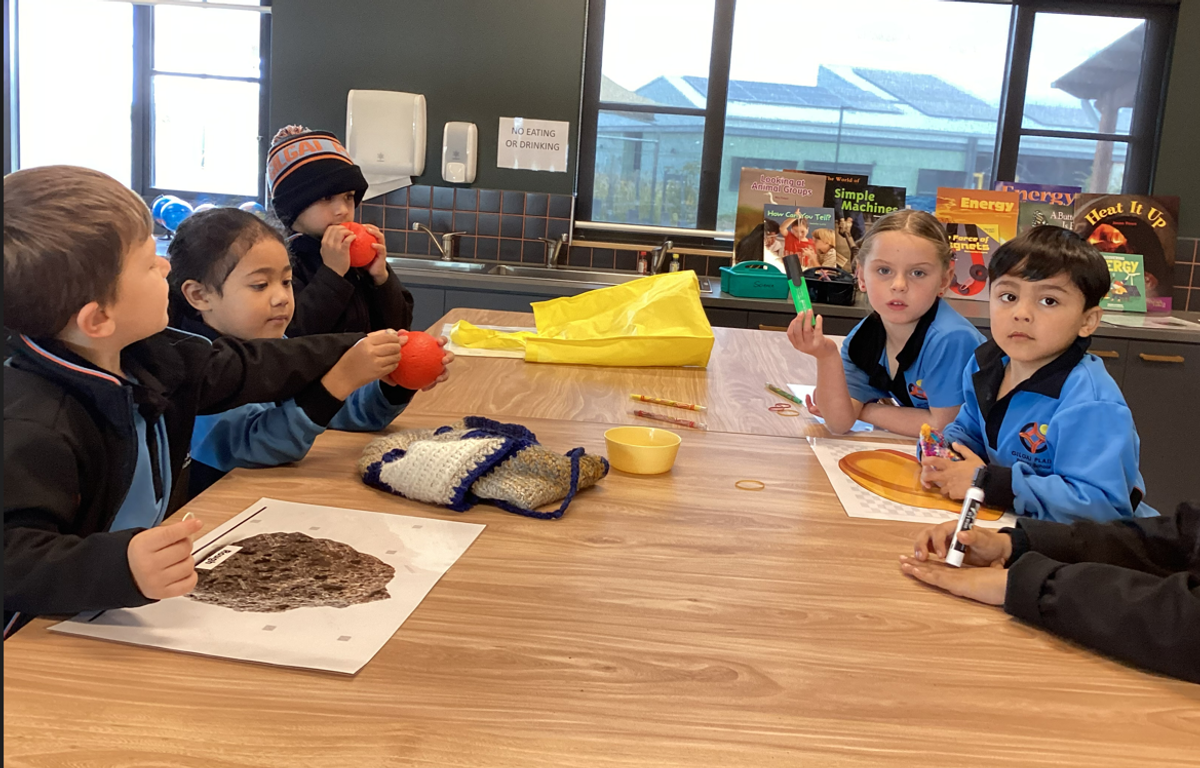

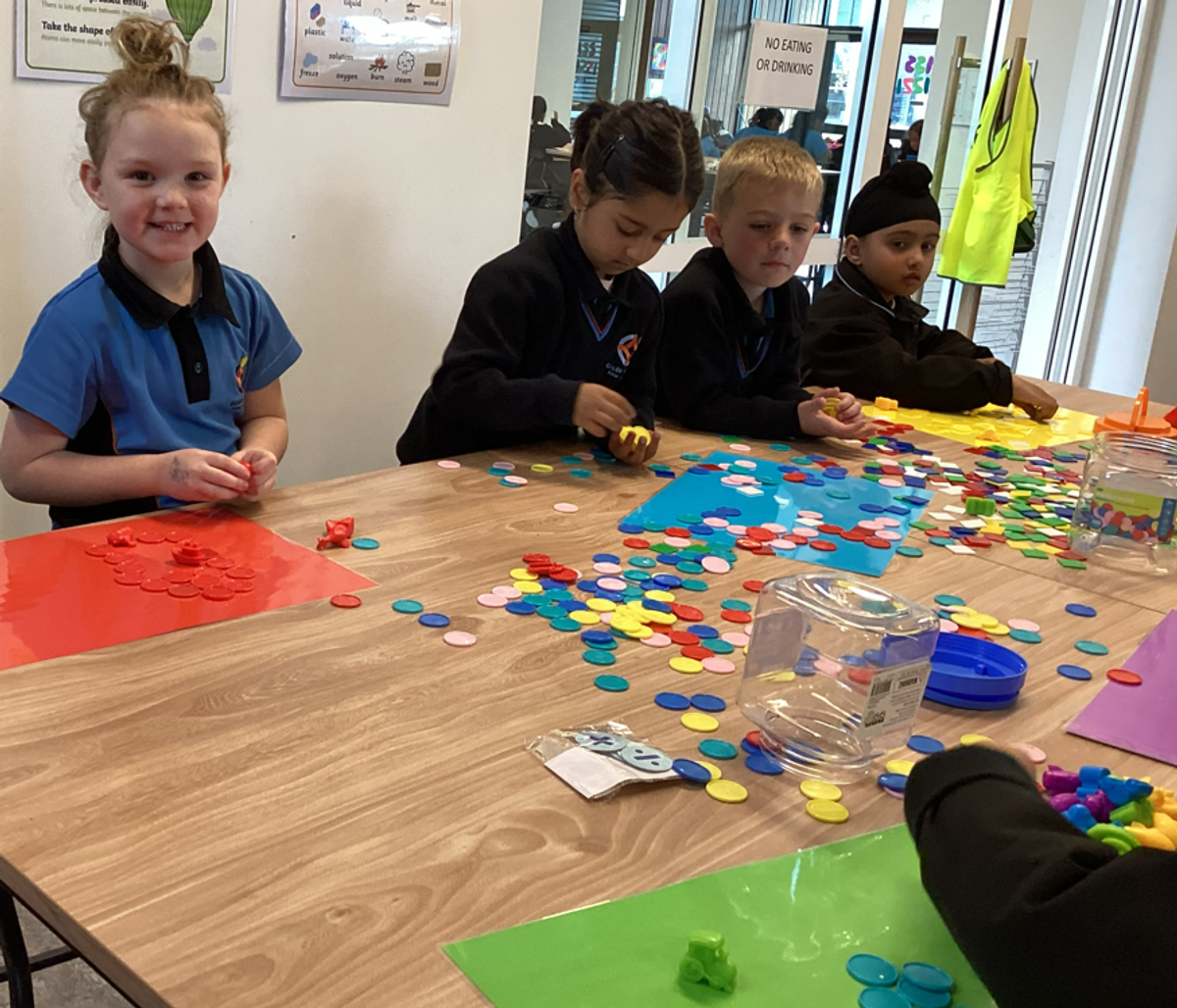

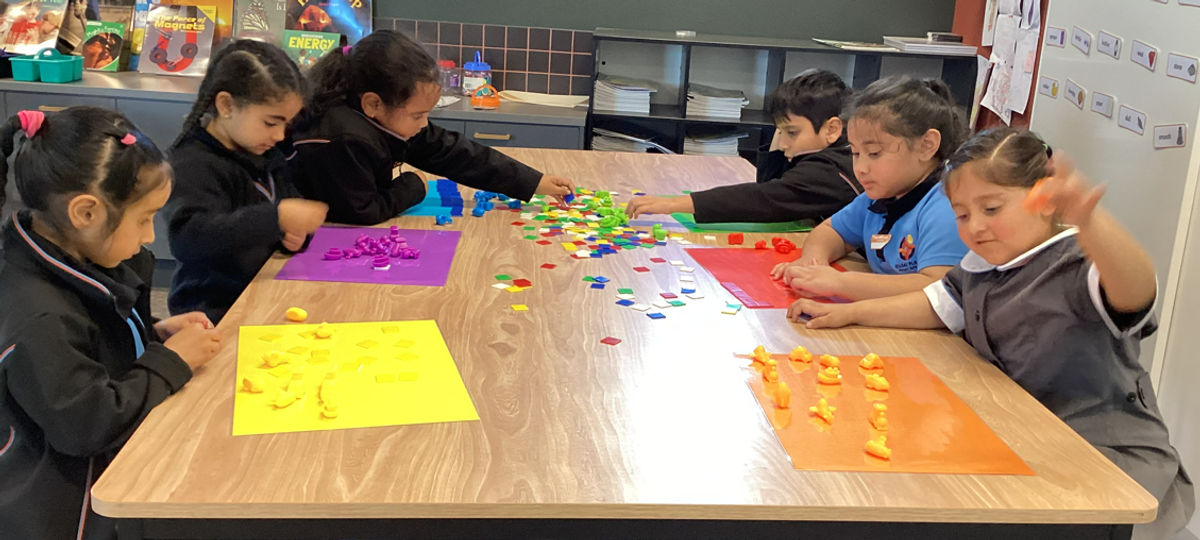

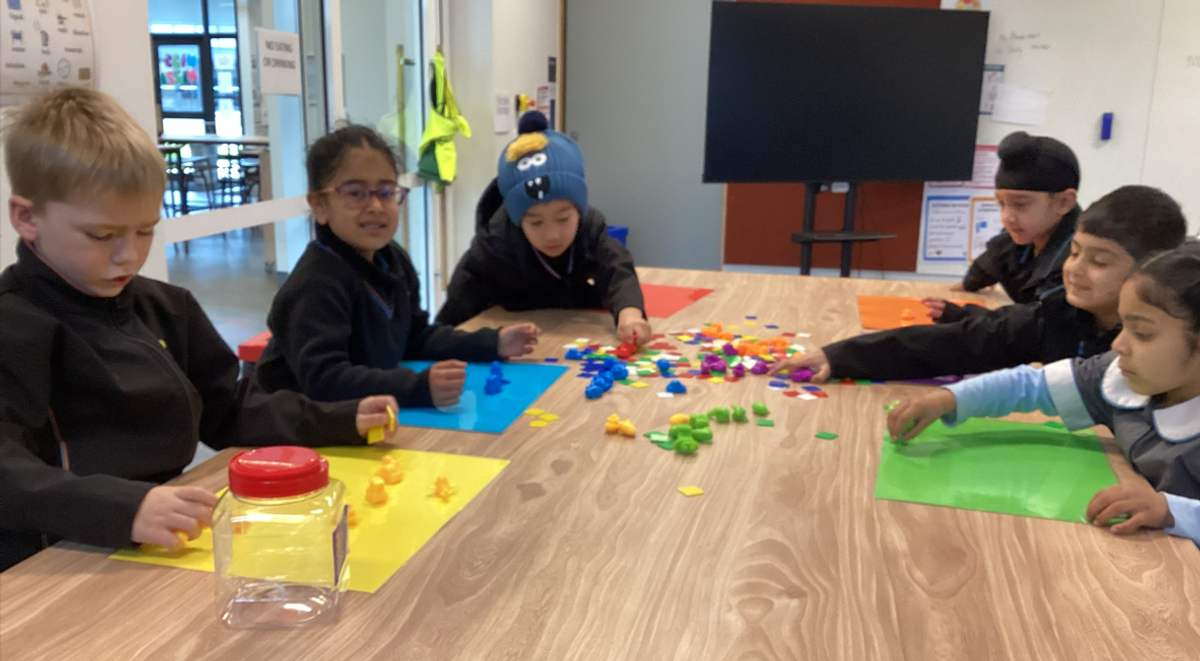

The Year 1 students have been exploring examples of artificial materials. We have been exploring artificial materials like plastic, glass etc. and the different objects that are made out of these materials. During the assessments, students completed a seesaw activity which outlined the different natural and artificial materials they have been learning and identified the different objects that are made from these materials. In the upcoming sessions we will be learning about materials like rubber and paper and various objects made out of them.
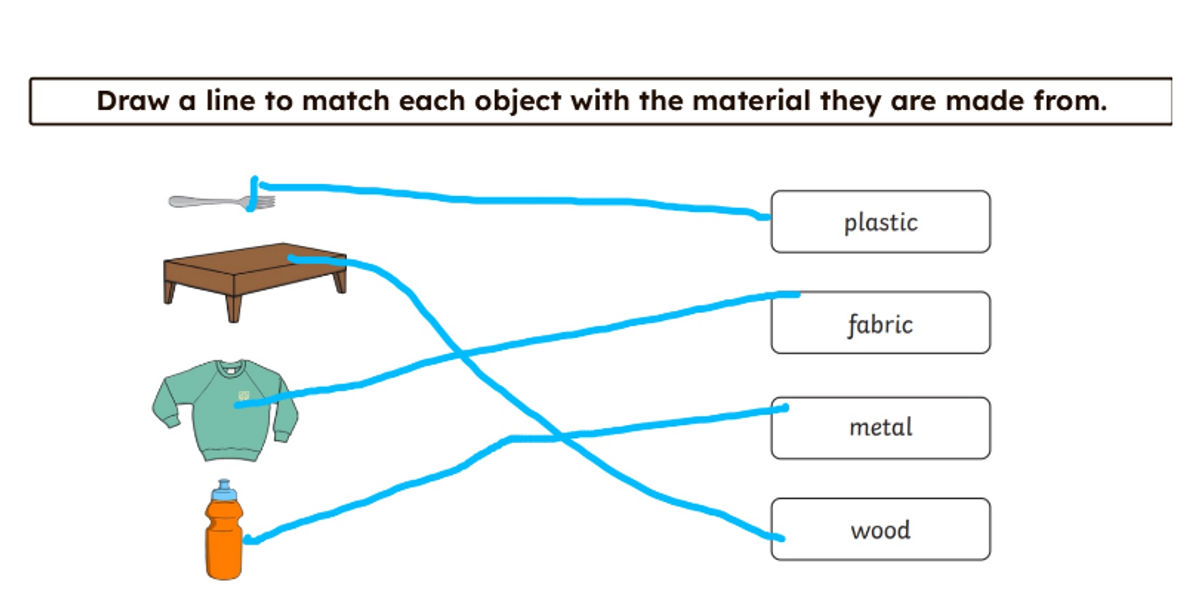

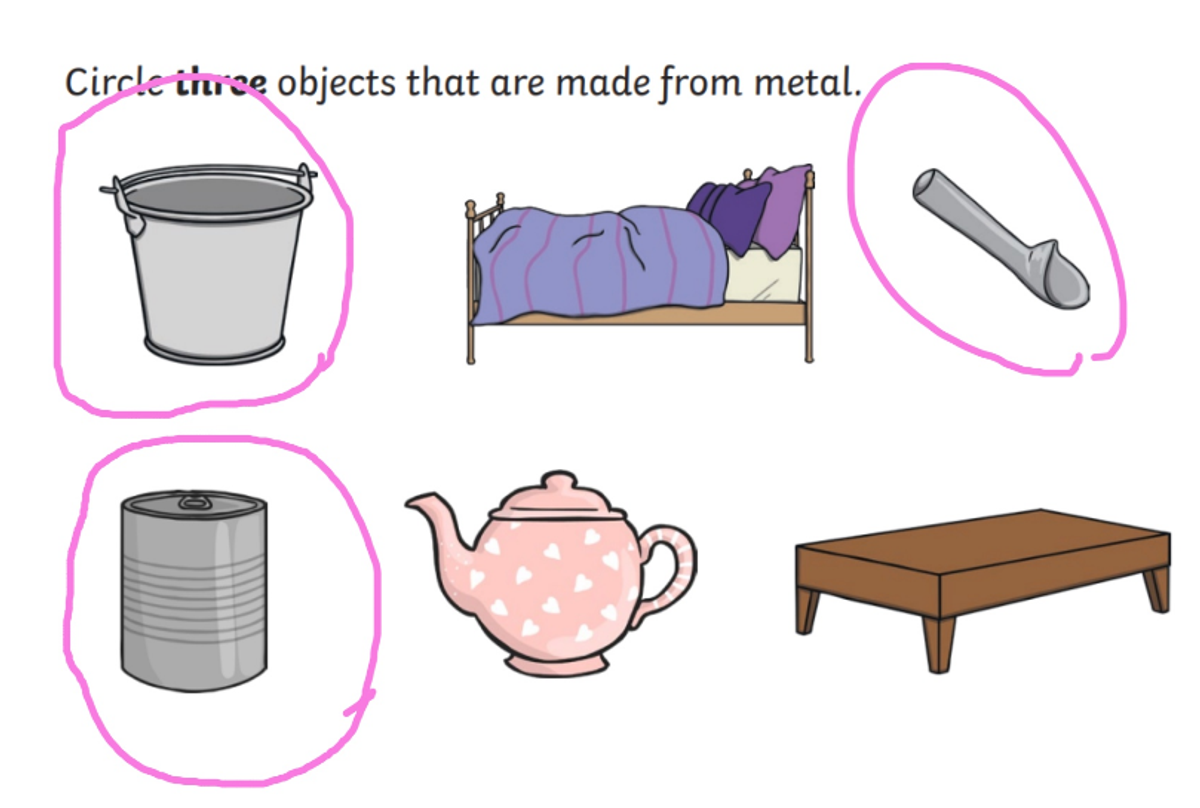

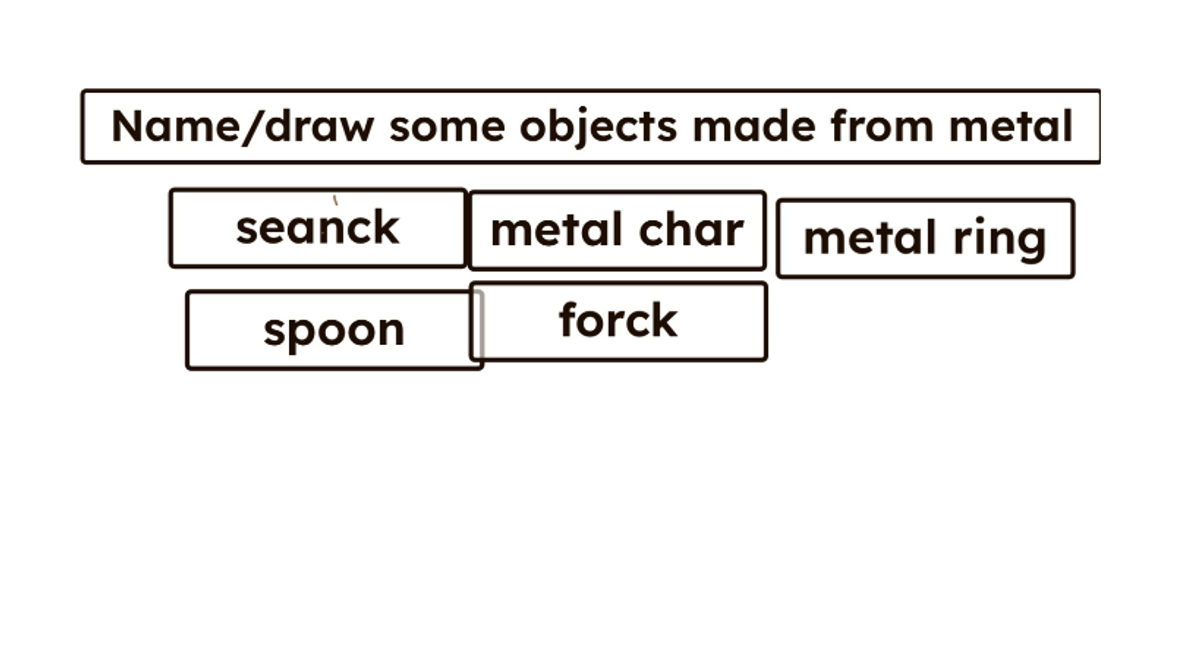

The Year 2 students have been learning to identify materials and which of them can be recycled. We have been understanding how rubbish is sorted, to identify the sign that recyclable materials have and how to reduce, reuse and recycle materials correctly. During the assessment, we demonstrated our understanding of recycling and different objects that can be created out of recycled paper and plastic. In the upcoming lessons, we will learn the process of recycling glass, the objects made from recycled glass and create our own paper from waste paper.
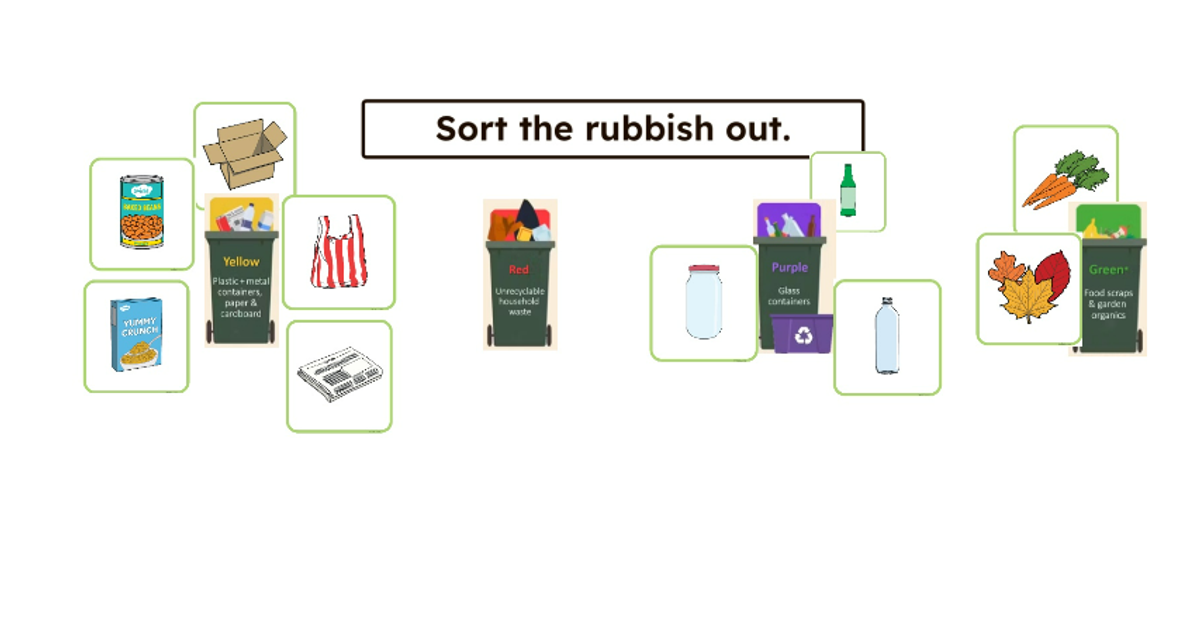

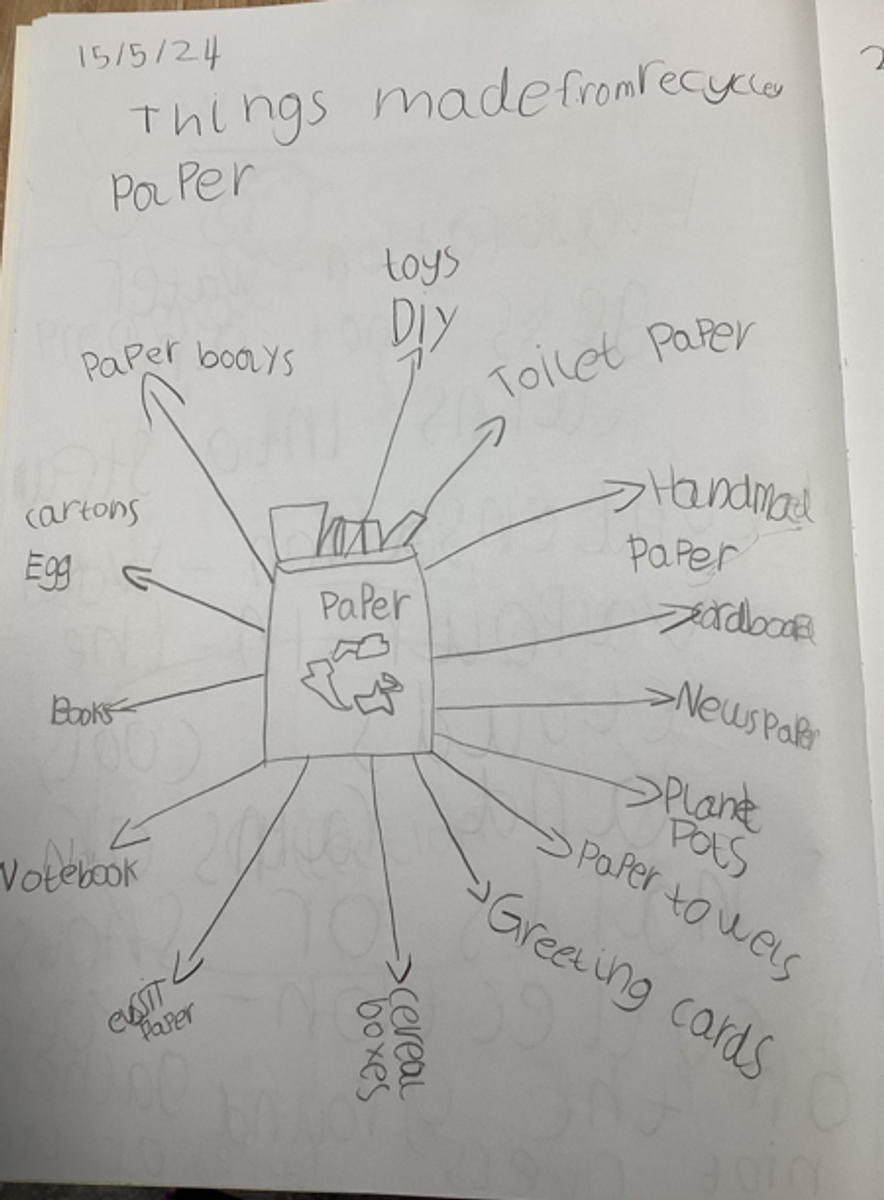

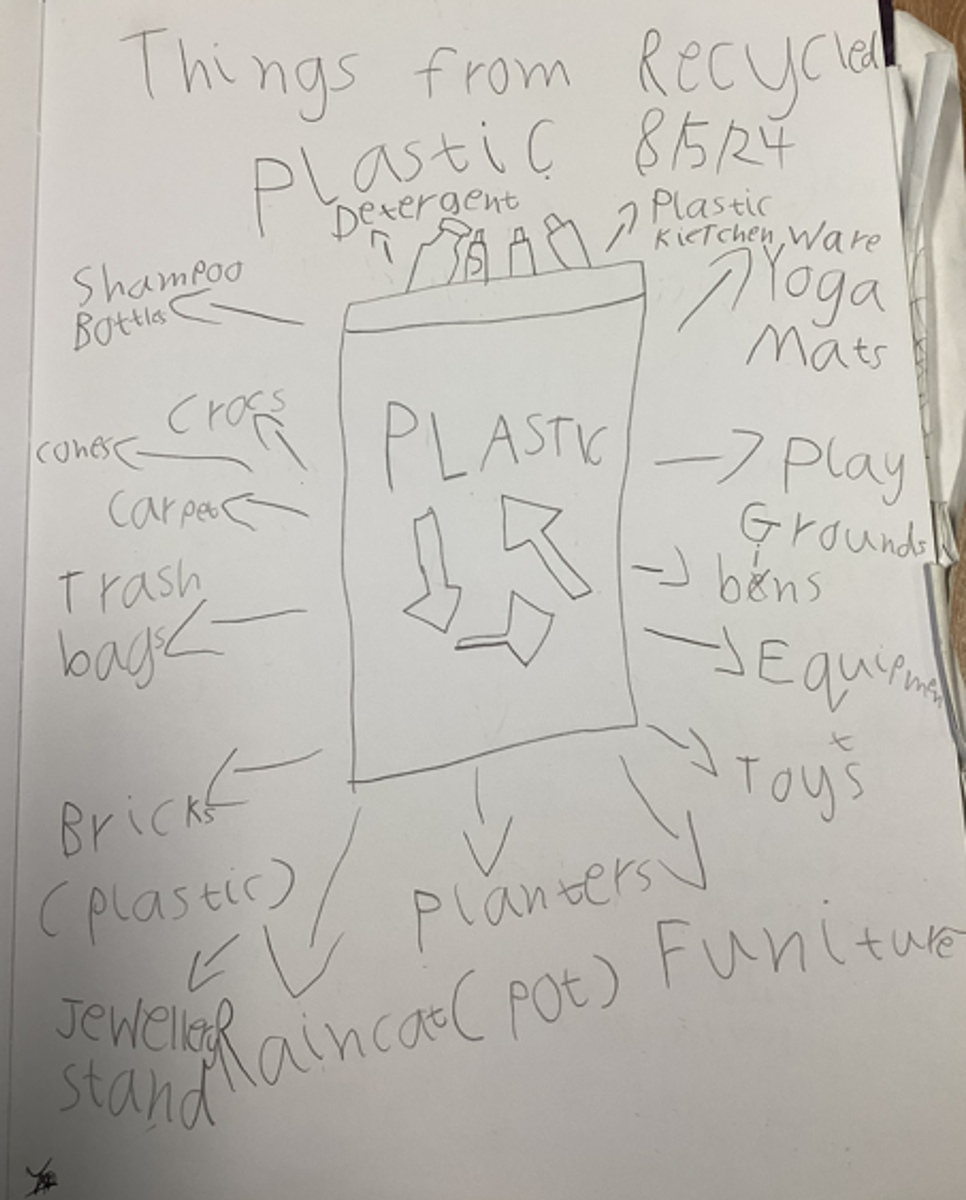

The Year 3 students have been learning about solids and liquids and the influence and absence of heat that causes the state to change. They have been learning about processes like melting, freezing, vaporisation, condensation, sublimation and deposition which involve changes in state of matter. The students have been researching and identifying examples of these processes in daily life. In the upcoming lessons, the students will be conducting experiments and scientifically investigating the result of mixing two states of matter. Students will be challenged to record their observations on Seesaw using photos and scientific language.
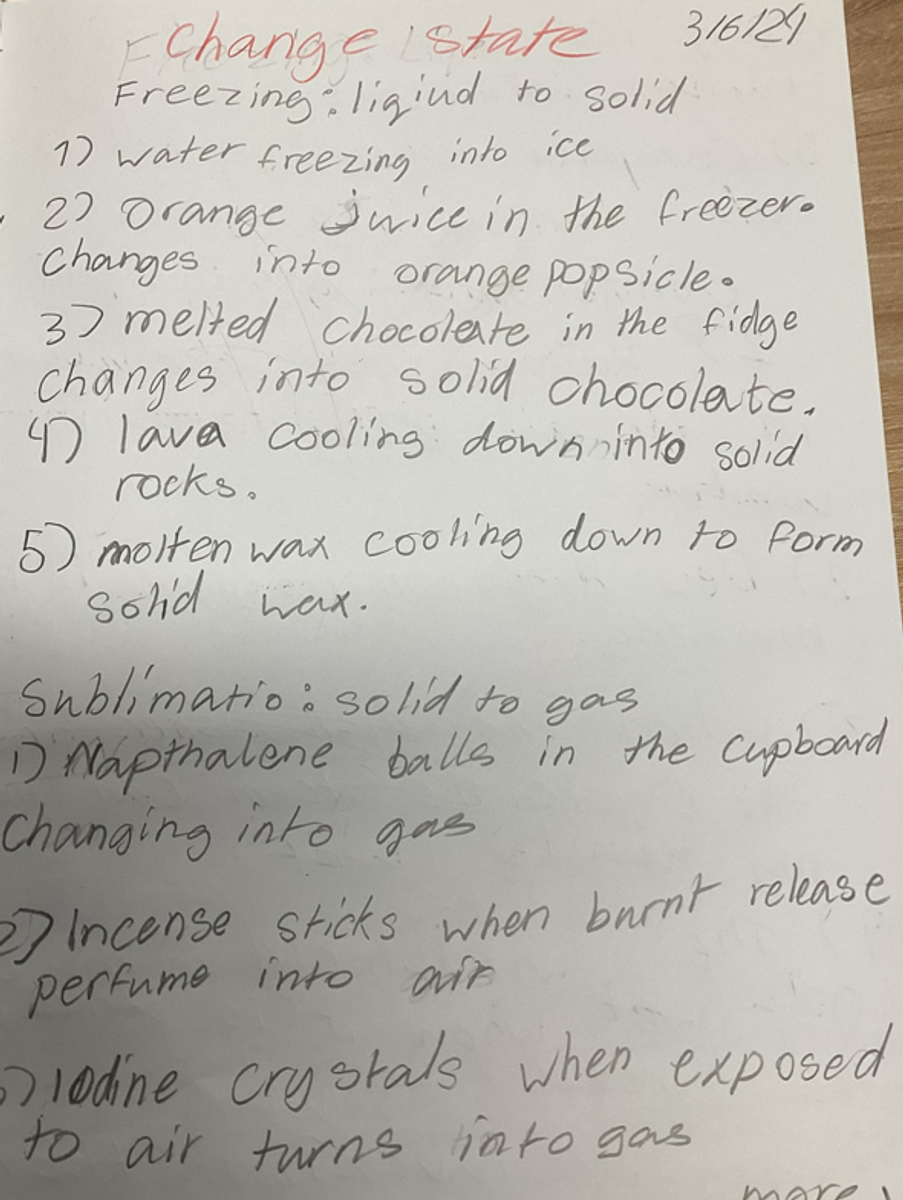

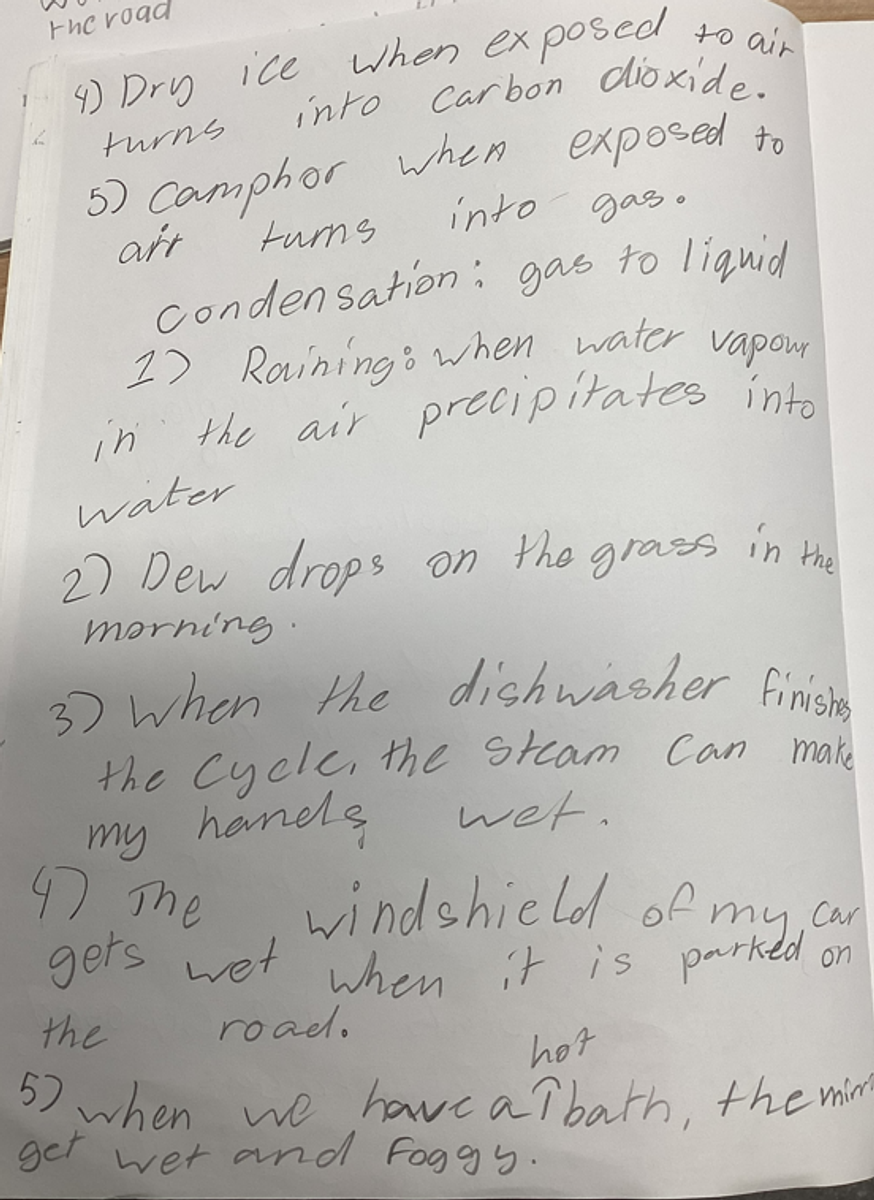

The Year 4 students completed a learning task showing their understanding of the advantages and disadvantages of shopping bags made from various materials. Students designed their own bag, shoe and house, labelling and explaining their materials of choice. In the upcoming lessons, students will work in groups of 3-4 to research and draft a writing piece to persuade the audience about a particular choice of material for a particular product.
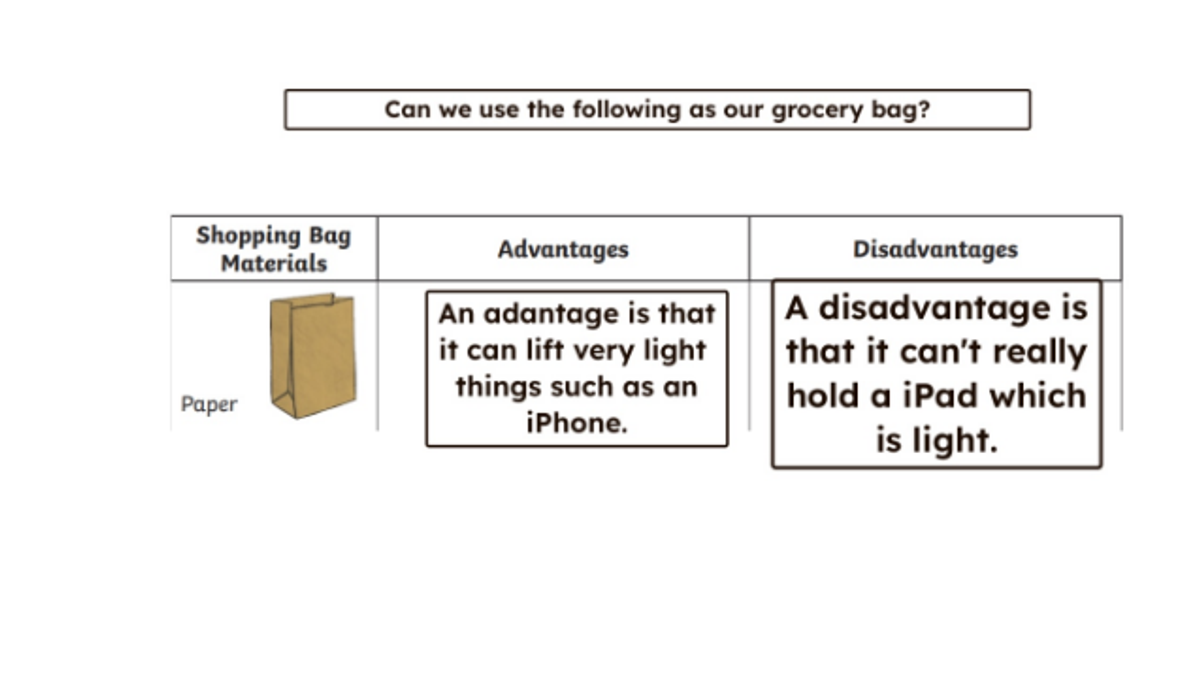

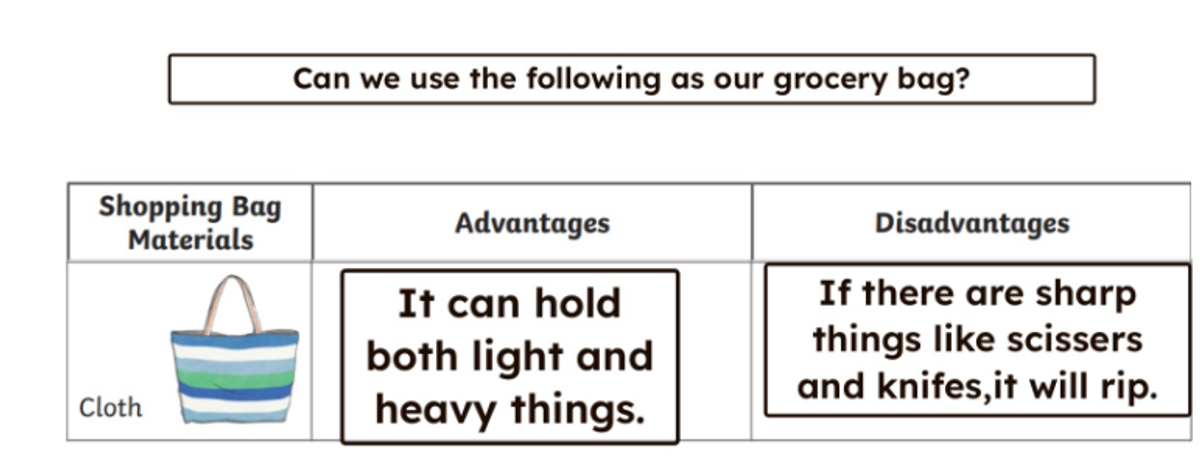

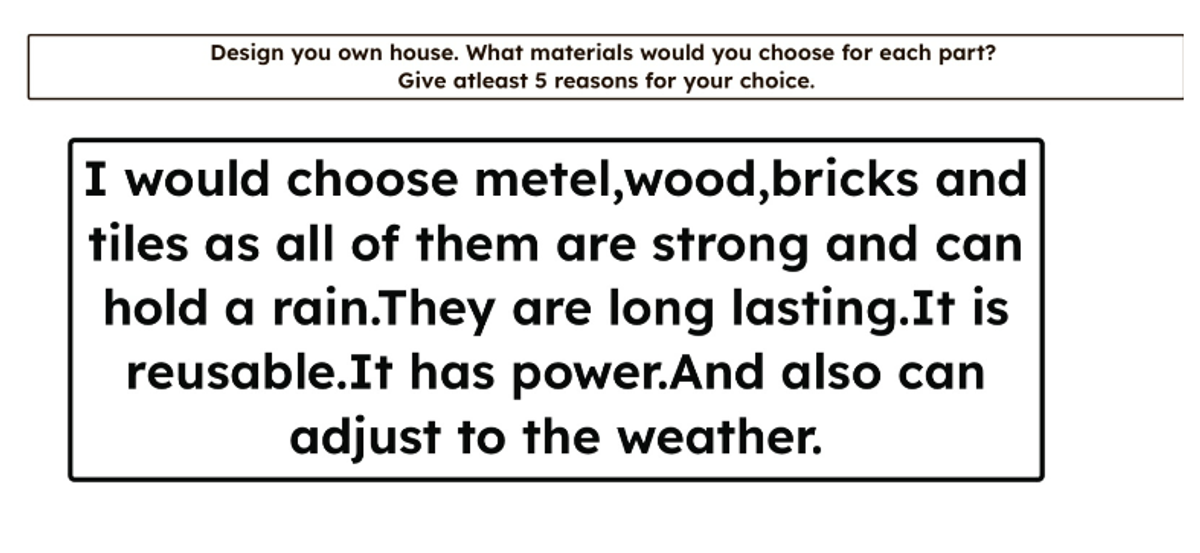

The Year 5 students completed a learning task showing their understanding of the unique properties and examples of each state of matter. In the upcoming sessions, students continue to develop their skills to conduct scientific investigations about state change, including taking photos and recording their observations in a safe and timely manner.
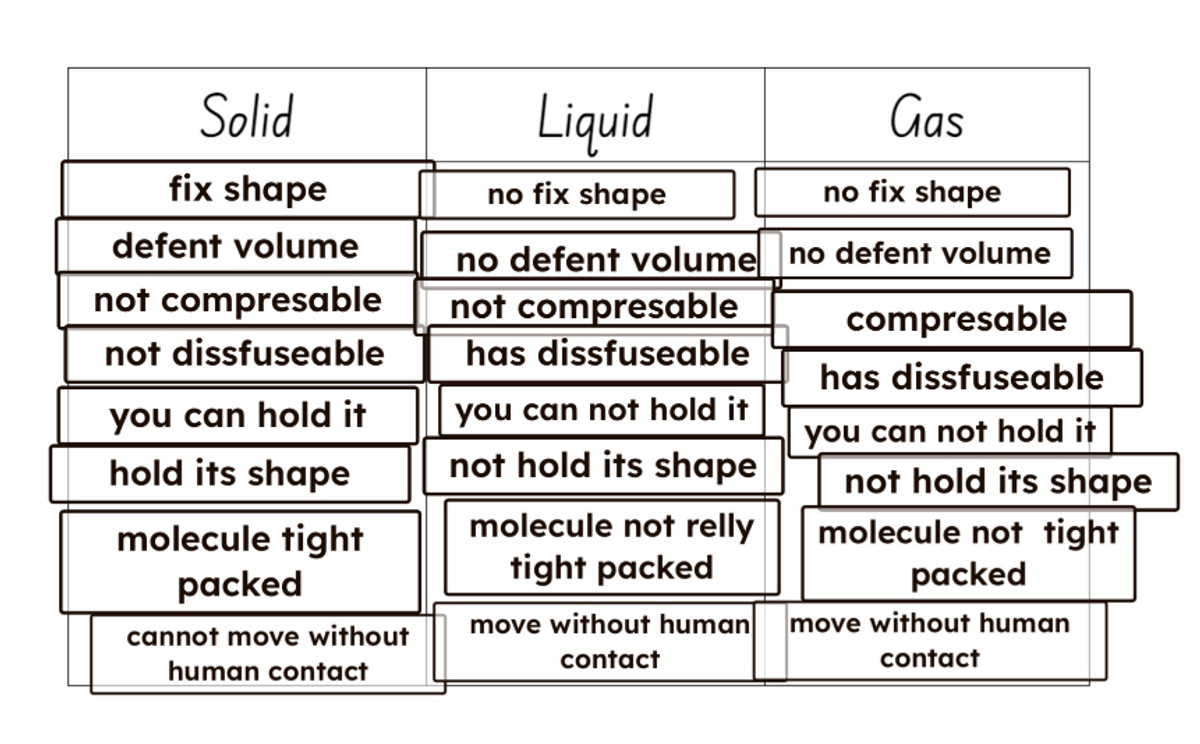

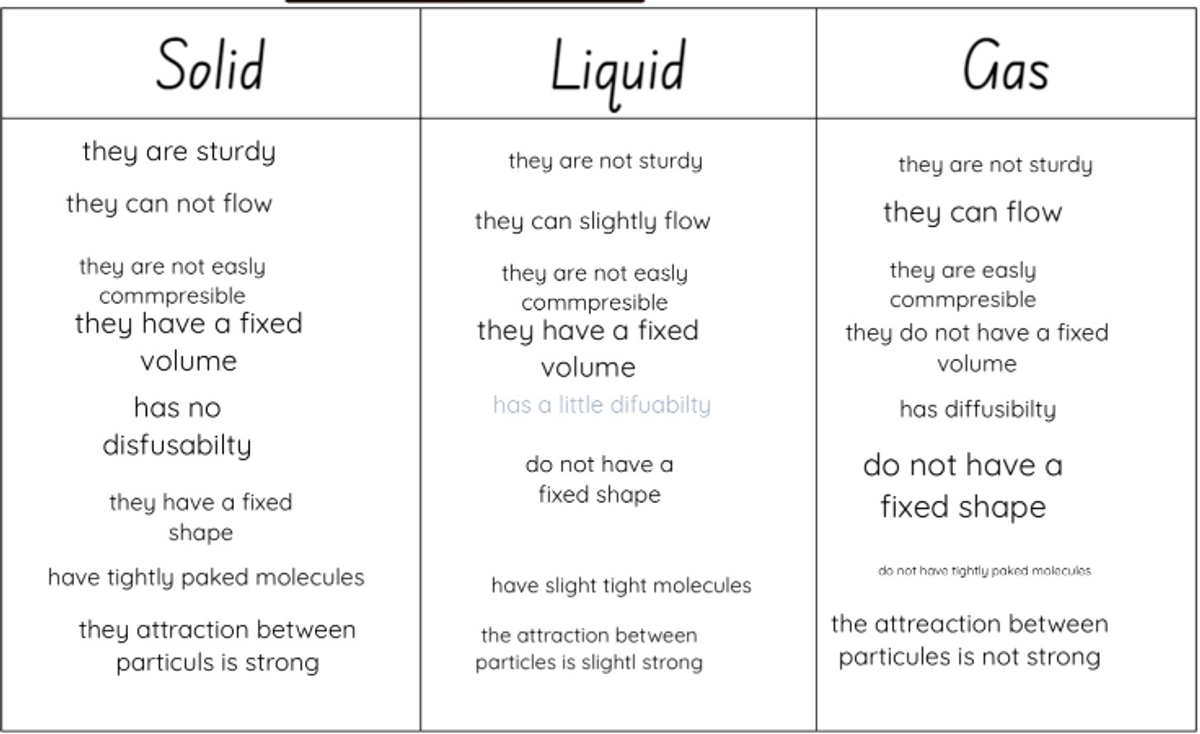

The Year 6 students completed a learning task showing their ability to identify a variety of examples of reversible and irreversible changes of states. In the upcoming sessions, the students will conduct experiments on reversible and irreversible processes to establish the relationship and patterns between data. This will be heavily taught to support students for high school Science.
